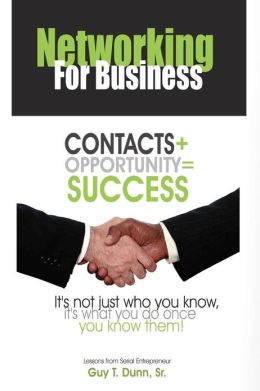This is always a touchy subject and there is always pushback when I suggest what you should do. In this article I will give you the answer right away; I will explain why you should do it; then I will explain why you will feel resistance to doing it.
You should discuss money with some level of specificity early in the sales cycle and almost without exception on the first call. This is obviously true in a one call close situation, but it is just as true for long cycle complex sales as well. I had a client last week who was finally converted to amending his sales process to talking money on the first call. He had a two call situation and he did not discuss money at the first meeting. He had a prospect with a seemingly compelling reason to move forward and he was excited to set a second meeting with him to explain the service he was selling, go over the price, and close the deal. It seemed like a sure sale. You probably guessed by now that when he got to the second meeting went through the presentation and got to the close, the prospect had no money at all. He was just starting out as a realtor and had gone through all of his start up capital and was living hand to mouth hoping for his next client to come along and keep him in the business for another month or two. Watch the video that goes with this article for a similar example in a long cycle high dollar deal. Prospects have problems and they like looking at new exciting ways to solve them. It is for that very reason that you must talk about money to make sure they are qualified for you to spend your precious time and corporate resources on. If you don’t, your pipeline will be bloated with unqualified prospects and your forecasts will be extremely unreliable and your closing rate will be low.
If you are feeling resistance to doing it, it might be because you are one of the 65% of salespeople who have a money weakness meaning that they are uncomfortable talking about money. It might also be that since discussing money early seems a little aggressive you are afraid of upsetting the prospect. If that is true then you are one of the 42% of salespeople who have too much need for approval. Need for approval means you are more worried about whether the prospect likes you than whether or not they do business with you. These are two of the five hidden obstacles to sales success. If you are feeling any pushback at all buy my book Attributes of The Optimal Salesperson® How to master the mindset of Sales Superstars and Overachievers wherein I discuss these weaknesses in more depth and tell you how to overcome them.
To get more sales tips click here to sign up for the free OPTMAL SELLING™ weekly video sales tip.
Dan Caramanico is a salesforce development expert and he is the author of Attributes of The Optimal Salesperson® One of Selling power’s top ten books for 2010 and Optimal Selling, Sales Conversations of the Optimal Salesperson.


